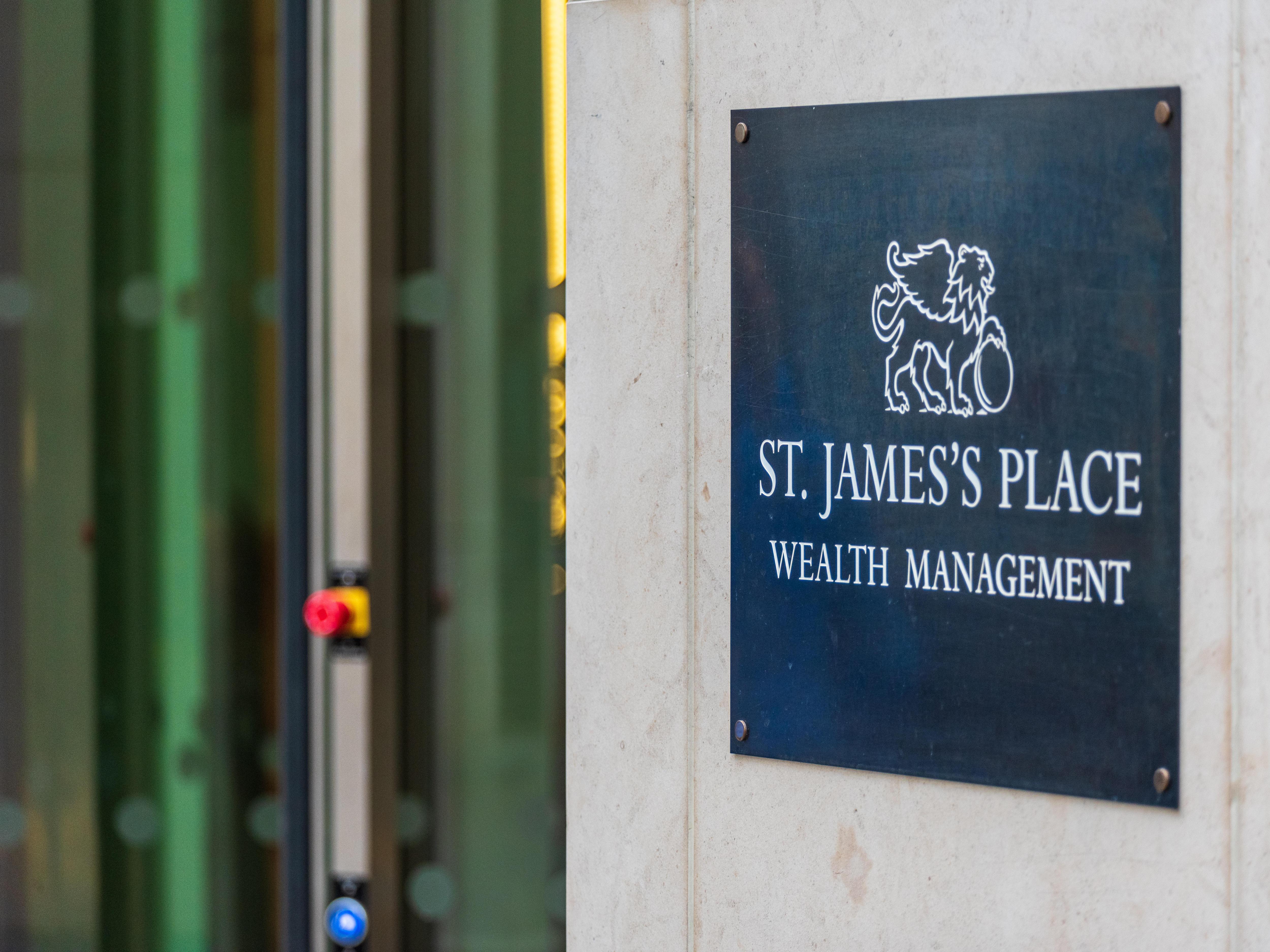SJP Investors Face £47 Million in Fees Amid Property Fund Closure
Since halting withdrawals in October of last year, investors in the St James’s Place (SJP) property fund have incurred over £47 million in fees, approximately £100,000 daily. This comes as the wealth management firm announced plans to dissolve the £1.84 billion SJP Property fund, with reimbursements to clients potentially taking up to two more years.
Clients expressed their outrage after learning that they must continue to pay fees during the fund’s wind-down period, despite a significant decline in the value of their investments. SJP had previously restricted withdrawals on October 20, affecting around 120,000 customers.
These restrictions were implemented following a rush of clients trying to cash out due to concerns regarding the struggling property market.
The suspension of withdrawals is a standard practice among fund managers to prevent forced asset sales during turbulent periods. This allows those who prefer to stay invested to protect the value of their assets.
However, SJP’s decision to fully liquidate the fund is attributed to ongoing challenges within the property sector.
Shannan Keen, a neuroscientist from Dorking, criticized SJP’s handling of the situation. She is dealing with her late mother Frances’s investments, which were trapped in the property fund during probate. “We have repeatedly reached out to SJP for clarity, yet their responses have been unsatisfactory, merely stating they are inundated with complaints,” Keen remarked. “How many others are facing challenges due to SJP’s refusal to release their funds? They should halt all fees and refund what they’ve charged, including interest.”

There are three iterations of the SJP property fund: the SJP Property Unit Trust, which holds £789.4 million, alongside other versions for pension and life insurance investors that collectively manage about £1.1 billion.
Typically, the unit trust charges an annual fee of 2.35%, though this was temporarily lowered to 2.2% during the withdrawal freeze. The pension and life insurance versions maintain a 2.5% charge, without discounts.
Since October, clients of the SJP property fund have accrued around £47.3 million in fees—averaging about £107,000 a day.
Investors have voiced dissatisfaction regarding the fund’s performance, especially as they are unable to reallocate their money into better-performing options. The SJP property fund has witnessed a decline of approximately 2.4% in value over the year, contrasting sharply with the TR Property trust’s uptick of 8.8%, as reported by Trustnet.
Previously reported cases, such as that of Colin Hanks and his wife Catrin, highlight the difficulties faced by those whose investments are locked in, with Hanks expressing disbelief at SJP’s ability to freeze their assets.
The average fees for property funds range from 0.9% to 1%, although platform and advisory fees may apply, while SJP’s fees encompass all services.
SJP is communicating with its clients regarding forthcoming actions. The firm cited sustained pressures in the property sector, particularly following the pandemic’s impact on demand for office spaces.
Other fund managers, including Columbia Threadneedle, BMO, and L&G, have also paused their property funds but have since resumed operations, while firms like Aviva and M&G have opted to close funds and return investments to clients.
SJP anticipates that asset sales will unfold over a two-year period, with plans to issue regular repayments to investors, starting with the unit trust’s first payment by year-end. Clients reliant on income from the property fund will continue receiving distributions throughout the liquidation process.
Victoria Hasler from the investment platform Hargreaves Lansdown stated, “Investors should not be burdened with full fees during a fund’s closure. This situation compounds the frustration for clients whose funds have been inaccessible for over a year amid the downturn in the commercial property market.”
SJP maintains that they do not accept the reported amounts paid by clients, stating that the charges reflect the ongoing costs of managing the fund along with guidance and administration services. They assert that clients have received income throughout the freeze, amounting to over £90 million.
“We aim to optimize the sale price of properties while balancing the speed of transactions. This may delay immediate access to funds but is expected to yield better returns for clients,” SJP added.
Meanwhile, the Financial Conduct Authority (FCA) has been exploring strategies to mitigate risks associated with property unit trusts, including potential withdrawal notice periods to enhance liquidity during market fluctuations.




Post Comment